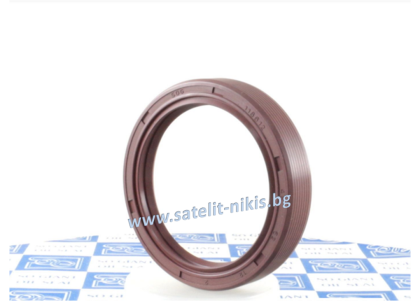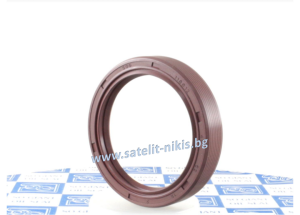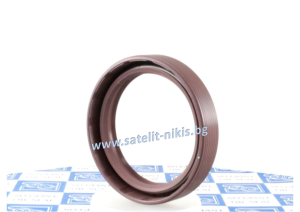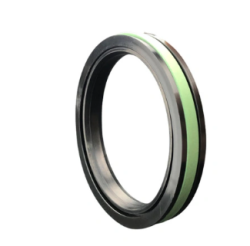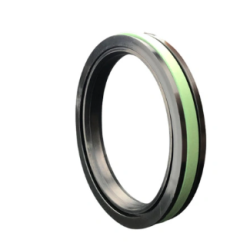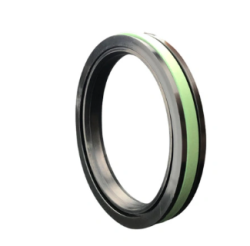Oil seal ASW (140) 51x65x7 R Viton SOG/TW, camshaft FORD 1371718, VOLVO 9458309
-
Code:47051065076
-
Weight:0.000 Kgs
Oil seal type ASW (140), with dust lip and with spring.
Material: fluoride rubber ( FPM)
Helix: right helix
The nitrile rubber may vary in color from the one shown in the picture, without this affecting the sealing properties of the oil seal.
Manufacturer: SO GIANT OIL SEAL INDUSTRIAL CO., LTD
For delivery options to your country, please do not hesitate to contact us!
Fluororubber properties:
Standard color: brown
Excellent resistance to mineral oils, aliphatic and aromatic hydrocarbons, as well as hydrocarbons containing chlorine, concentrated and dilluted acids, weak alkalis. Its excellent heat resistance (up to +200°C), as well as cold resistance (-30°C), depending on the type of seal, along with its good mechanical properties and remarkable aging resistance, place fluororubber well above the traditional synthetic rubbers. It is especially suitable for high peripheral velocity applications.
Advantages:
- excellent heat resistance within a wide temperature range: from -30°С to 200 °С
- superior resistance to oil and fuels as compared to other rubber types
- the only highly elastic rubber which is resistant to aromatic and chlorinated hydrocarbons
- negligible gas permeability
- excellent weather and ozone resistance
- excellent acid resistance to both concentrated and dilluted acids
- good resistance to weak alkalis
- low swelling in water
Limitations:
- limited flexibility in cold conditions
- limited tensile and tear strength
- limited wear resistance
- high compression set in hot water
- poor resistance to polar solvents

